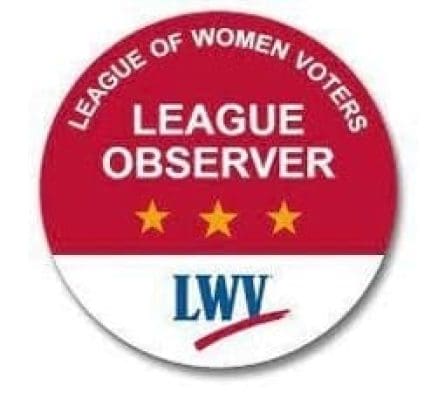The meeting on July 15, 2024 was a long session, the vast majority of which was devoted to Resolution 132, the contentious issue of a homeless shelter being constructed at 26 Oakley Street in the City of Poughkeepsie by way of the County’s acceptance of a $31 million grant from the State.
Resolution 132 Discussion
Twenty members of the public spoke (16 residents of the City of Poughkeepsie – including the Mayor and 2 City Councilwomen and the Chair or the Advisory Committee for Dutchess and co-chair of the Neighborhood Task force –, 3 residents of the Town of Poughkeepsie, and 1 resident of Pleasant Valley). All spoke out against accepting the grant and locating the shelter on Oakley Street. They described the City of Poughkeepsie as beset with problems of poverty, not only homelessness, but also drugs, gun violence, prostitution, mental health, stores boarded up, and systematic racism (redlining and withholding sales tax payments, for example), and a shortage of resources or programs to deal with these issues. Many viewed Poughkeepsie as a dumping ground: Instead of dispersing services for the needy throughout the County (for example, siting the shelter in Wassaic), the County was shoving homeless shelters, transitional shelters, needle exchange programs, and jails into Poughkeepsie and sending the needy from around the County and beyond into the city. One resident observed that 70% of the people served in these facilities seem not to be city residents. The Oakley Street location was peculiarly inappropriate for homeless single adults, they complained, because it was in the middle of a residential neighborhood, near to children’s programs and parks already considered too dangerous for children because of drugs, violence and prostitution.
Several expressed frustrations at not being heard or respected, and at being “guilt tripped” with accusations that they didn’t care about the needy. Others complained that no Republican legislators had actually visited the Oakley Street site or neighborhood, and objected that Sue Serino, the County Executive, would be given too much power to move ahead without community input. They urged the legislators to consider the interests of the city and not just the interests of the County.
When Resolution 132 “authorizing grant agreement with NYS Homeless Housing Assistance Corporation and amending the 2024 adopted county budget to fund design and construction management services at 26 Oakley Street…”, was put before the Legislature, several Democratic legislators opposed it on the grounds that there was a failure of meaningful community engagement, the need for additional housing and services, the location, a lack of adequate information regarding the projected costs of designing, constructing and running the facility, a lack of timely information, and the perpetuation of systematic racism. Ultimately, a question was raised as to whether there had been compliance with the State’s open meeting law in that relevant documents (which were not provided until 5:00 that evening) had not been publicized at least 24 hours before the vote as required by law. After a recess to confer with Legislative Counsel, a motion to table the resolution until the next session (on the grounds that requested documents concerning the grant application had not been timely provided) was unanimously approved. Members of the public thanked the Legislators for postponing the vote and urged serious consideration of the impact on the community and other concerns expressed earlier.
In addition to the 26 Oakley Street matter, there were 2 public hearings. The first was “to consider the requests and recommendations of the Agricultural and Farmland Protection Board for inclusion of predominantly viable agricultural land within Agricultural District 21.” Five iindividuals (one from Hyde Park, one from the Town of Clinton, one from Beekman, and two from Wappingers Falls) described their properties and farming activities and sought AG District inclusion. The public hearing was then adjourned until the next public hearing.
Second Hearing
The second hearing involved the tentative budget of Dutchess Community College for the period of Sept. 1, 2024 through August 31, 2025. One member of the public voiced support for the college and any increase in the budget. The public hearing was then closed.
Consent Agenda
Eight items on the consent agenda (Resolutions 128-131, 133 and 134) were approved unanimously. These involved amendments to the county budget as they pertained to the Department of Behavioral and Community Health, the Department of Planning and Development, and Stop DWI Program, authorizing settlement from the Insurance Reserve Fund, adoption of the Dutchess Community College budget, and appointments to the County Industrial Development Agency and the Local Development Corporation.
If you’d like to download this report click this link for a printable copy.

